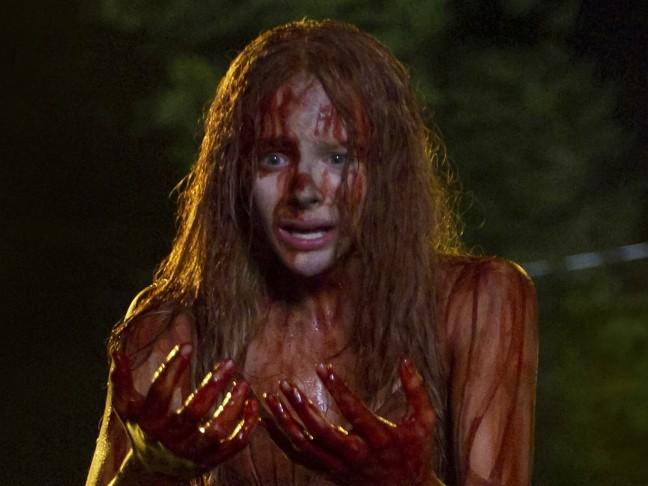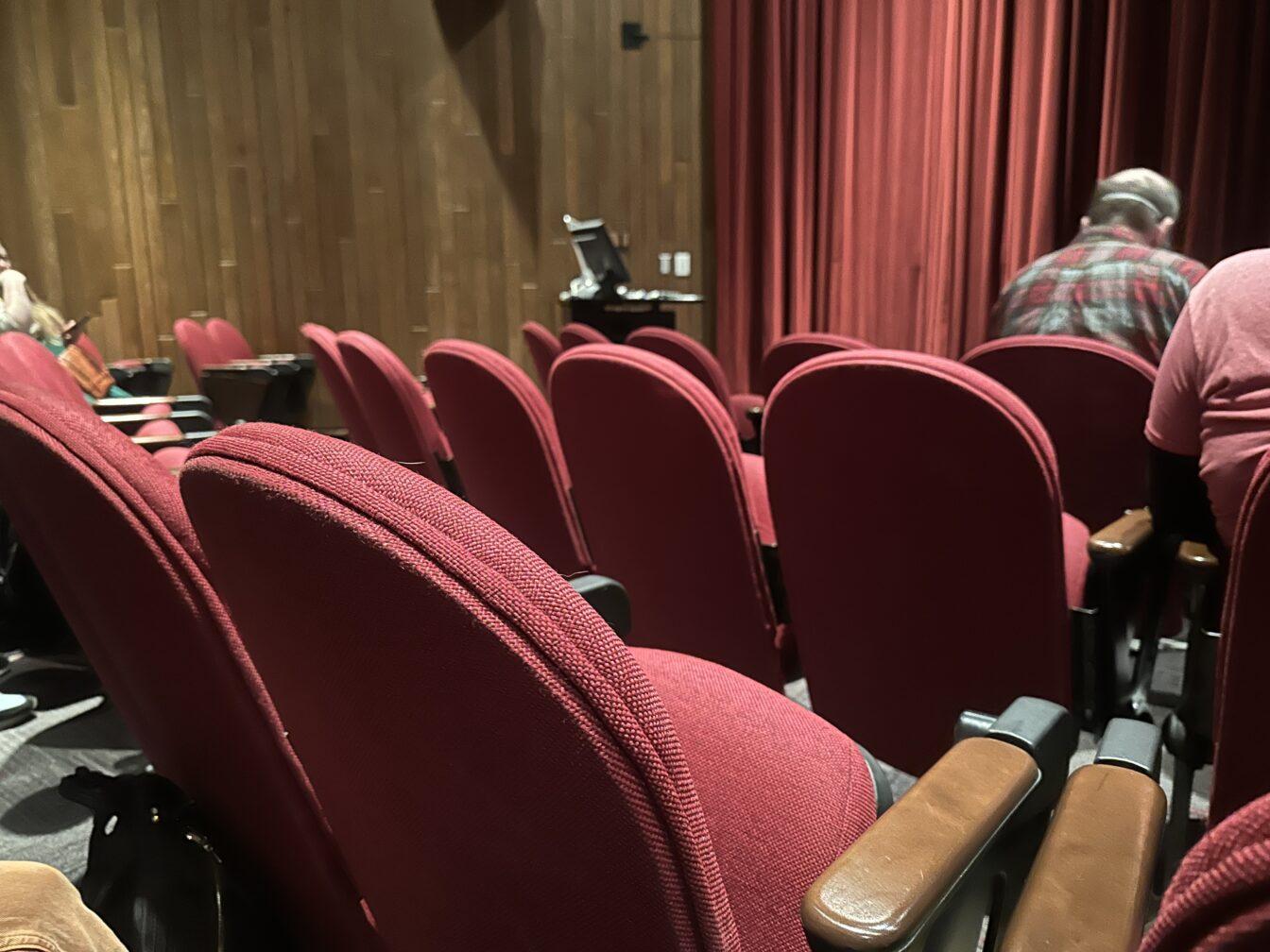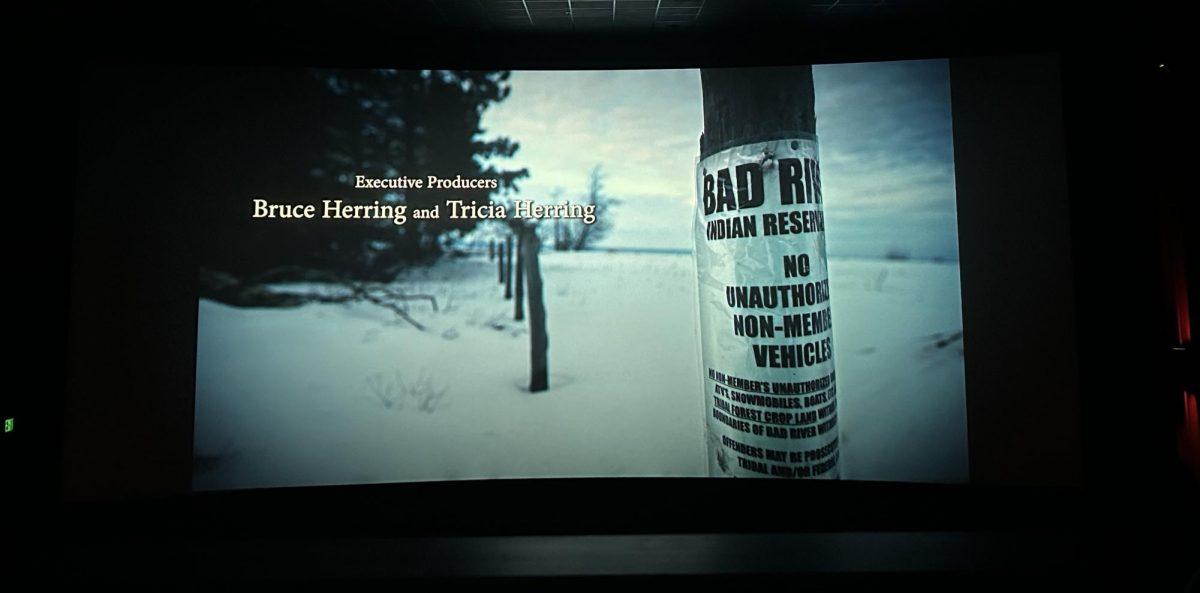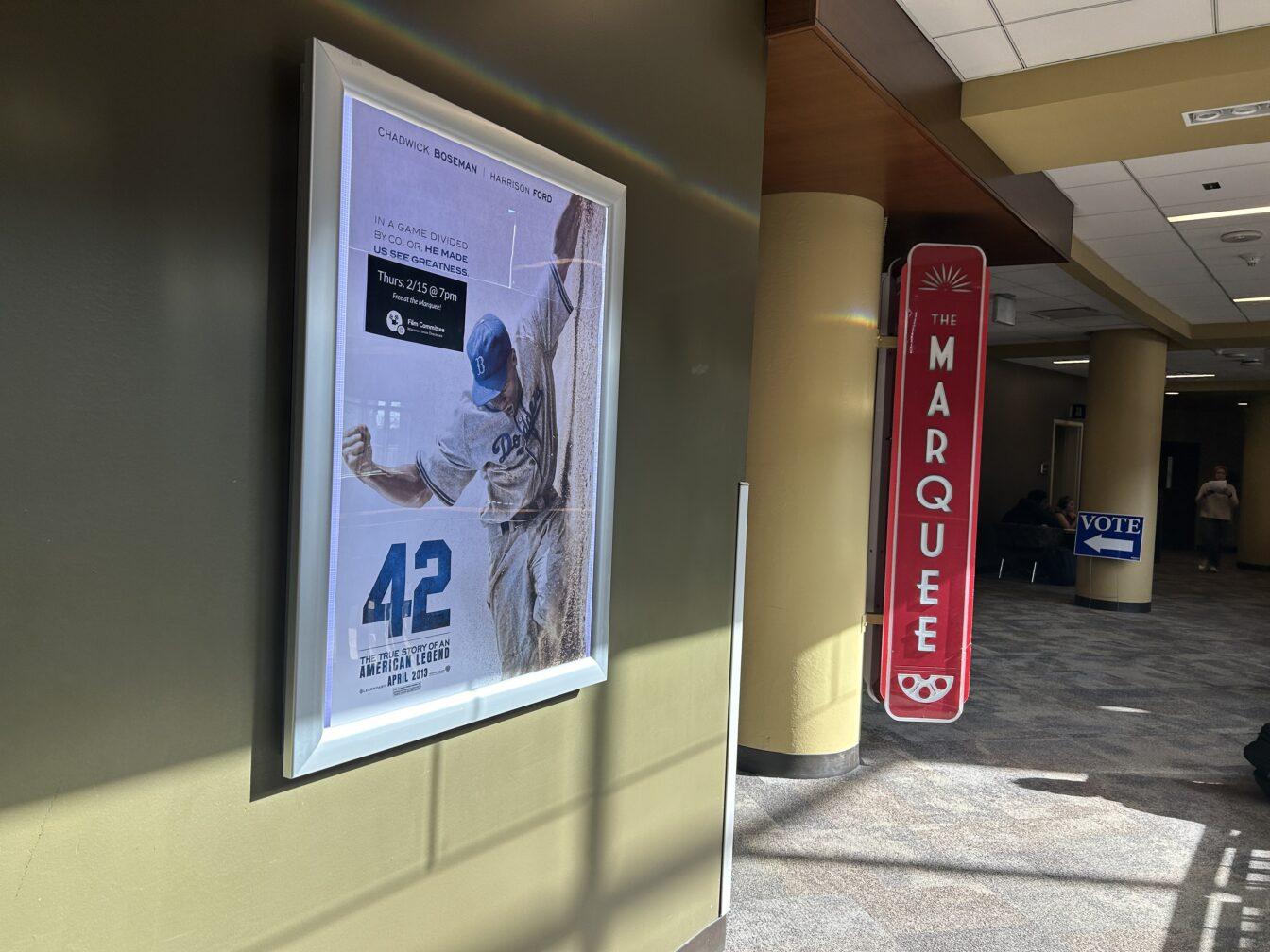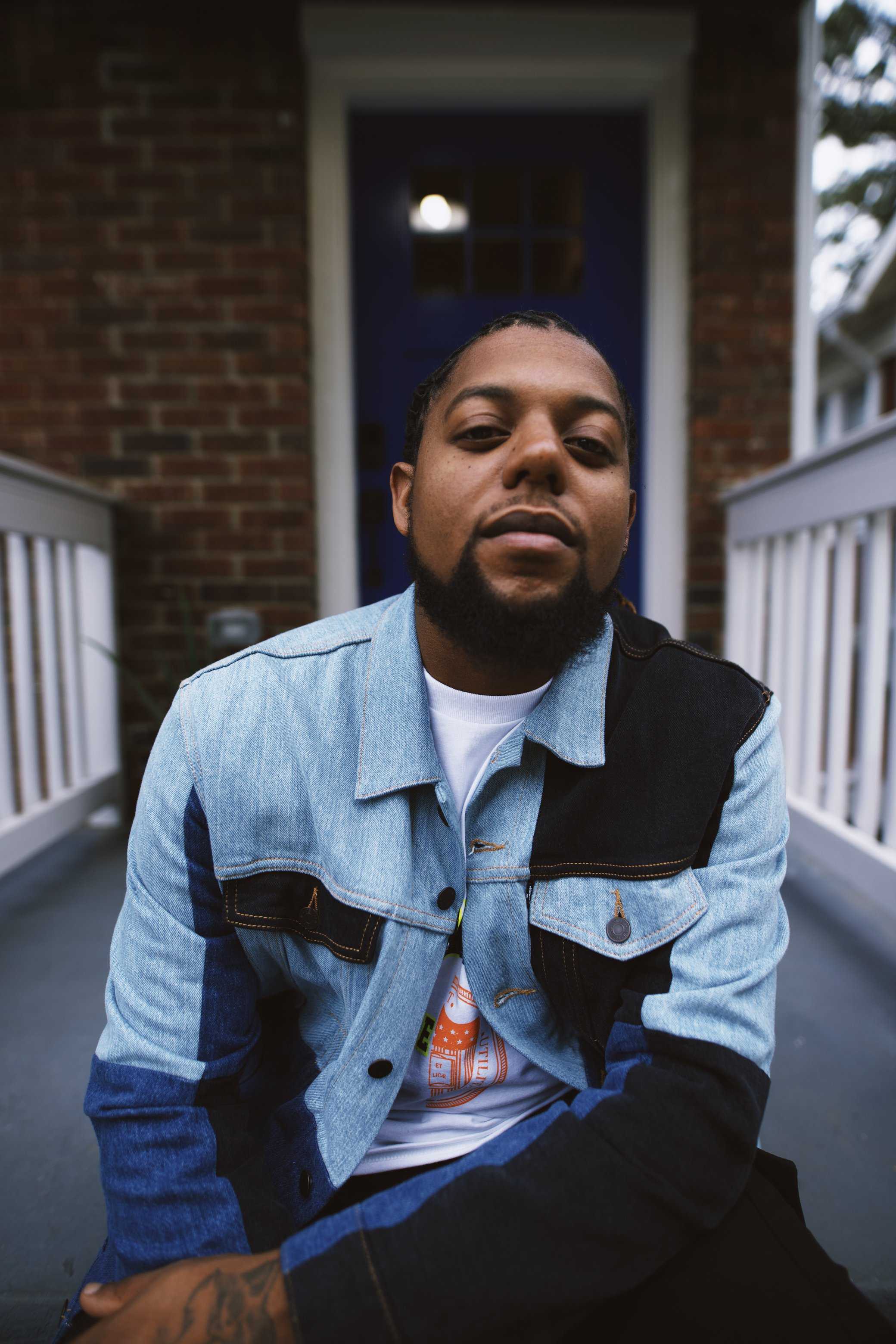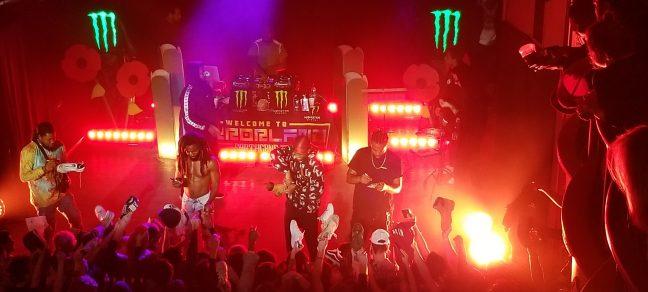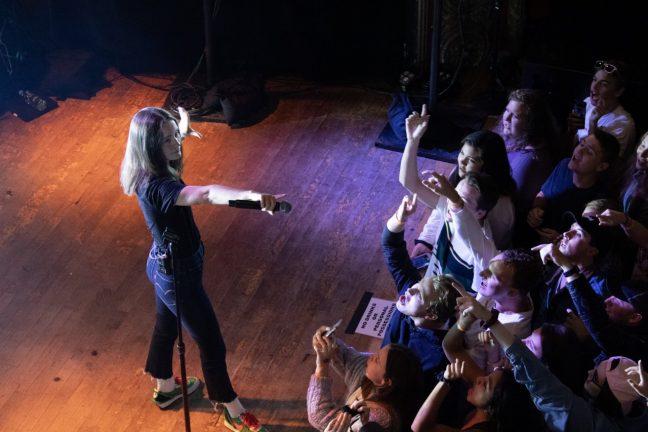Kimberly Peirce’s “Carrie” remake, although not devoid of originality and entertainment, fails to bring anything new or remarkable to the table. In fact, an obvious disparity exists in the film’s attempts to pay homage to the original cult film directed by Brian De Palma in 1976, as well as Stephen King’s classic, while simultaneously creating a new, more modern spin-off.
Chloë Grace Moretz (“Kick-Ass 2”) is supposed to be playing Carrie White, yet the young actress seems to forget her character midway through the plot, losing contact with the heroine’s disconnected, extremely vulnerable personality. Unlike Sissy Spacek (the leading actress of the 1976 original), whose fragile mannerisms and creepy nuances created the ultimate image of a victim, Moretz can’t hold the character. At times, the audience forgets that she’s not an average teenager but a telekinetic young girl on the verge of a psychotic breakdown. However, Moretz does give Carrie a sense of overwhelming innocence. She is only 16, while Spacek was 27 when she played the role.
“Carrie” begins as it should: with the ignorant, scared, young teenager writhing on the floor in her well-known, “what’s-a-period-and-why-didn’t-my-freakishly-insane-mother-tell-me-about-it” fit, screaming, “Please help me,” to a parade of tampon-throwing, atypical teenage girls bent on making poor Carrie’s life miserable. What is new is that this version seems to play with the public’s contemporary outlook on bullying. In this first scene, the main perpetrator—the malevolent and ignorant Chris, played by Portia Doubleday (“K-11”)—takes a video of Carrie that she later posts on YouTube. This new plot point leads to her unfortunate demise: being excluded from prom, the end-all, be-all of any superficial high school experience and eventually her infamous retribution toward Carrie. Pierce attempts to incorporate a modern day sense of revenge toward the hell-bent teenage “bitches” of the 21st century, eventually falling short once the audience realizes that our protagonist never really gives off the pitiful pariah persona that defines Carrie.
The story is still as compelling as ever since the friends and foes become more and more difficult to distinguish. Yet the new film doesn’t say anything that hasn’t already been said, except Moretz’s Carrie is slightly more merciless and the result is a bit more macabre. The key role of the film rests with Julianne Moore (“Don Jon”), who plays Carrie’s religious fanatic of a mother, Margaret White. The film starts unexpectedly with White screaming bloody hell over a mystery object leaving blood all over her rugged Holy Bible and eventually—much to her surprise—manifesting itself as baby Carrie. She soon takes to grabbing the giant scissors conveniently placed on her bedside table (she’s insane — the audience doesn’t need to know any more than that) to kill the cause of this red, unholy mess. Yet she stops short, sparing the baby and letting poor, poor Carrie live on in the form of Chloe Grace Moretz, who is simply a little too cute in plaid and blue overalls for this part. By the time prom comes around, the audience forgets why they feel sorry for her and the climactic moment that we all saw coming seems ill-timed and suddenly silly and misplaced. Yet Moore shines through when we forget that this horror film is a horror film and not another banal prom movie.
One of the movie’s main issues is its attempt to modernly remake a story from the ’70s. First of all, prom is no longer the most important night of the average person’s life. Carrie seems to be a smart girl. She should know better than to fall for that bullshit. Also, shouldn’t grown-up men (in this case, the school’s principal) be able to say the word “period” without getting flustered? “Carrie” is no failure of a horror movie. It is indeed a big upgrade from the pathetic 2002 remake. But if Peirce was looking for a good scare for modern viewers—whose hunger for blood and gore is nearly insatiable—Stephen King’s complicated, implicitly creepy story was not the right way to go.
2 out of 5 stars


